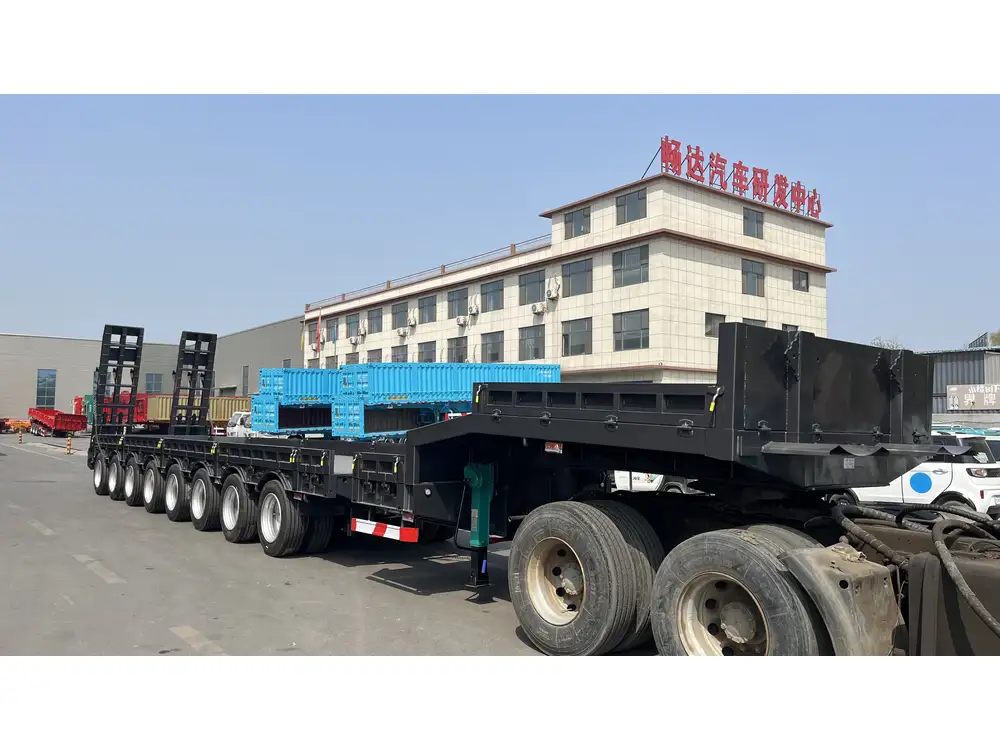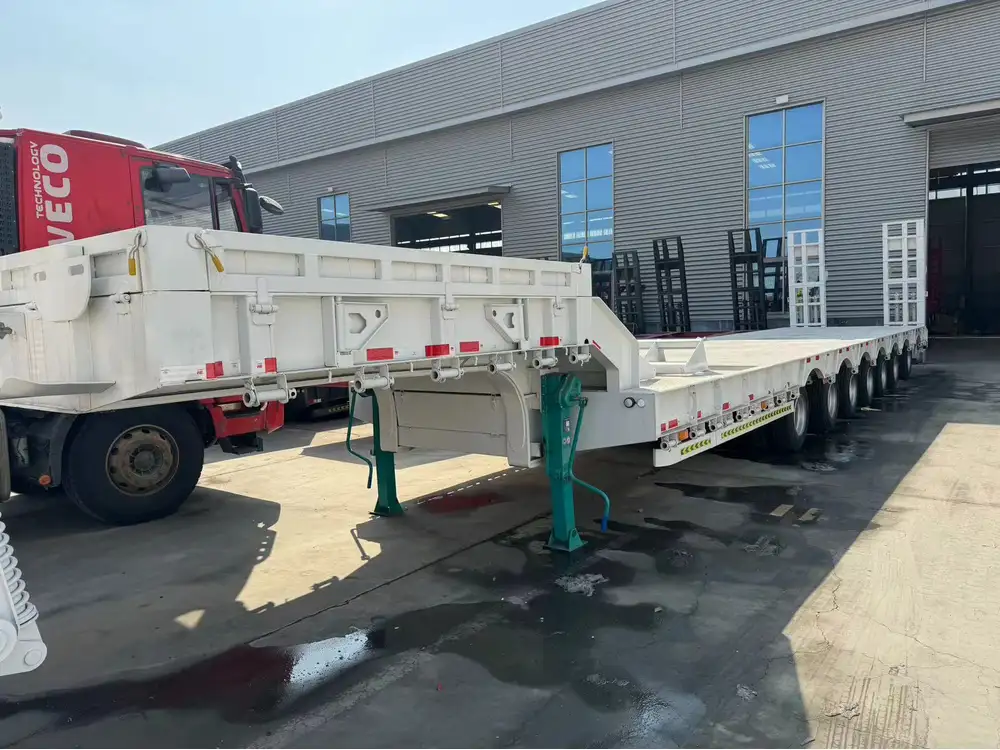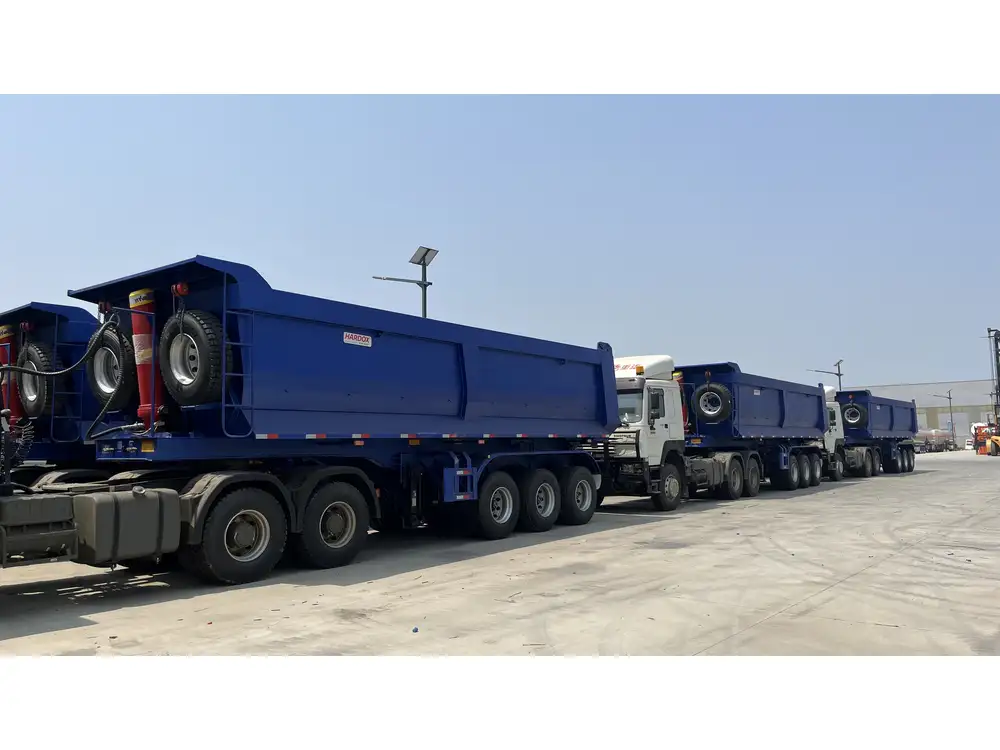When it comes to the seamless operation of trailers, especially in the realm of recreational vehicles (RVs) and other mobile structures, propane tanks become a pivotal component. Understanding the lifespan of these tanks is not only essential for safety but also for the uninterrupted enjoyment of your travels and ventures. This article delves into the factors influencing the longevity of propane tanks in trailers, the typical lifespan, best practices for maintenance, and how to maximize the utility of your propane systems.
What Factors Determine the Lifespan of Propane Tanks?
The longevity of propane tanks in trailers can significantly vary based on several factors. Here, we dissect these elements to provide a comprehensive understanding:
1. Material and Construction
- Steel Construction: Most propane tanks are made from carbon steel, designed to withstand high pressure and the corrosive nature of propane. A well-constructed steel tank can last up to 30 years with proper care.
- ALUMINUM Tanks: Although less common for RVs, aluminum tanks resist corrosion better than steel, which might contribute to a longer lifespan even though they often have a shorter use period.

2. Environmental Conditions
- Humidity and Temperature Fluctuations: Tanks exposed to extreme humidity and temperature changes may face accelerated wear. Corrosion can set in when moisture accumulates, particularly if the tank is not maintained properly.
- UV Exposure: Tanks placed in direct sunlight or UV rays can degrade over time, especially if they are not protected or painted with UV-resistant coatings.
3. Frequency of Use
- Tanks that are frequently filled and emptied may experience more wear than those that are used less often. Regular use can provide indications of pressure and safety, while neglect can lead to undetected issues.
4. Maintenance Practices
- Regular Inspections: Tanks should be inspected for rust, dents, or other signs of damage. Annual inspections by professionals will help ensure they are up to safety standards.
- Proper Storage: If you’re not using a tank for an extended period, it should be stored in a cool, dry location, away from flammable materials.

Average Lifespan of Propane Tanks in Trailers
While the lifetime of propane tanks can greatly vary, a few averages can assist in setting expectations:
General Lifespan Estimates
| Tank Type | Average Lifespan |
|---|---|
| 20 lb Propane Tank | 10-12 years |
| 30 lb Propane Tank | 10-12 years |
| 40 lb Propane Tank | 10-12 years |
| Fixed Propane Tank (larger capacities) | 30 years (with proper maintenance) |
It is essential to keep track of the tank’s manufacturing date, typically stamped on the collar, as regulations often dictate the re-certification or disposal of propane tanks beyond a specific age.
Identifying Signs of Wear and Damage
Understanding how to spot potential issues with propane tanks is essential for ensuring a safe and effective propane system in trailers.

Key Indicators to Monitor:
- Rust and Corrosion: Check for any flaky deposits or discoloration along the tank exterior—a sign that corrosion may be taking hold.
- Dents or Grooves: Physical deformities can indicate impact damage and may compromise the tank’s integrity.
- Odor of Propane: If there’s ever a scent resembling rotten eggs (the scent added to propane), evacuate the area and seek professional assistance immediately.
- Age: If your tank is approaching the end of its reported lifespan, prioritize inspection or replace it regardless of its visual condition.
Best Practices for Propane Tank Maintenance
Regular Inspections
- Schedule periodic evaluations of your propane tanks—ideally annually—with a certified technician. This should include a thorough assessment of the entire propane system.

Proper Filling Techniques
- Always have your propane tanks filled by certified professionals. Overfilling can result in hazardous situations, while underfilling can limit your usage.
Safe Usage Protocols
- Familiarize yourself and your family with propane safety guidelines. Knowing how to turn off the valve in emergencies can save lives.
Seasonal Preparation
- Before the onset of winter, ensure that your propane tank is equipped and checked, as freezing temperatures can complicate usage. Conversely, ensure that your tank is dry and properly stored for the summer months.

Maximizing the Utility of Your Propane System
Utilizing your propane tank efficiently can significantly affect both cost savings and your overall RV experience.
Calculate Propane Needs
Understanding your propane usage can help you manage costs and obtain propane more effectively. Here’s how:
- Cooking: Average use per meal can vary, but consider estimating monthly cooking needs to calculate how much propane you will need.
- Heating: Propane is often utilized for space heaters or water heaters; knowing how often these systems will be engaged allows for more accurate consumption estimates.
- Appliance Efficiency: Investigate the efficiency ratings of propane-powered appliances to ensure that they meet your needs without excessive use.
Investing in a Dual-Gas System
If your trailer allows, consider installing a dual-gas system that can switch between propane and electric sources. This versatility provides an excellent fallback and can reduce reliance on propane tanks.

Conclusion: Proactive Management for Propane Longevity
While the longevity of propane tanks in trailers can achieve impressive durations with proper care and frequent inspections, proactive maintenance and knowledge of your propane system will dramatically enhance your ability to sustain its lifecycle and maximize its utility. By staying vigilant regarding the condition of your propane system, you not only ensure the safety of yourself and others but also preserve the reliability of one of the most critical components of your trailer.
Key Takeaways to Consider
- Track the expiration of your propane tanks and avail of necessary inspections and certifications.
- Be aware of how environmental factors impact your tank’s condition.
- Maximize the utility of your propane by understanding usage patterns and implementing cost-saving measures.
By applying these strategies, you’ll effectively ensure that your propane tanks last and serve you well throughout your adventures on the road. Whether you’re investing time in outdoor explorations or seeking comfort in mobile living, a well-maintained propane system is a vital resource. Make it a routine to remain informed about your propane tank, ensuring that its longevity matches your enthusiastic explorations in your trailer.



